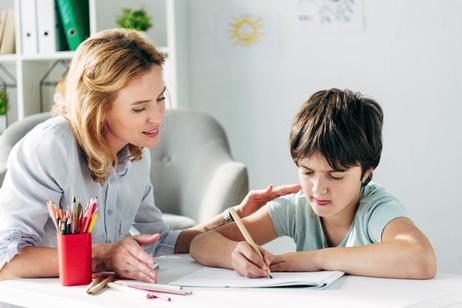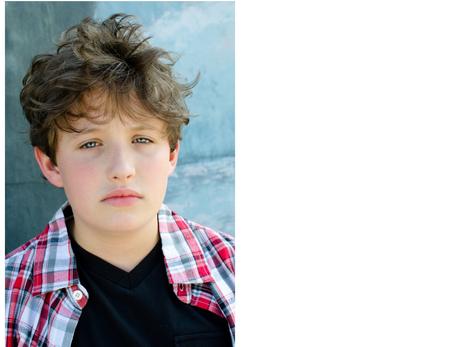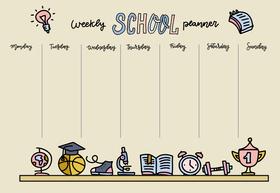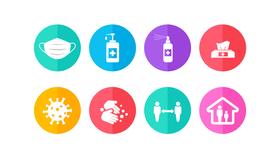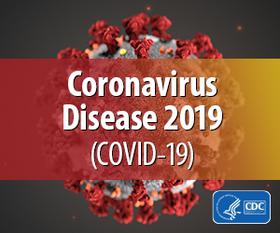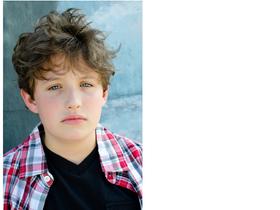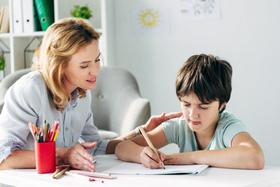At the first sign that their child has a learning difference, many parents panic and withdraw into a state of denial. That may help you. But it will not help your child. Your child's teachers know what to look for. As a rule, the signs of a child with learning issues are pretty obvious. While teachers may not know how to treat the disorder professionally, they have the training to alert parents and the school administration when they suspect your child has a learning issue.
In this TEDx Talk, Dean Bragonier discusses the true gifts of a dyslexic mind.
Before we dig deeper into the subject of learning differences, here's a definition of the term:
Learning differences, or learning disabilities, affect a person's ability to learn and process information. The signs of learning differences can vary depending on the specific type of disability, but some common symptoms include:
Difficulty with reading, writing, and spelling: People with learning differences may struggle with decoding words, recognizing everyday words, understanding sentence structure, and spelling correctly.
Problems with math: People with learning differences may struggle with basic math concepts such as addition, subtraction, multiplication, and division, and they may also have difficulty with more advanced concepts such as geometry and algebra.
Poor memory: People with learning differences may have difficulty remembering information, especially regarding rote memorization of facts or details.
Difficulty with organization and time management: People with

